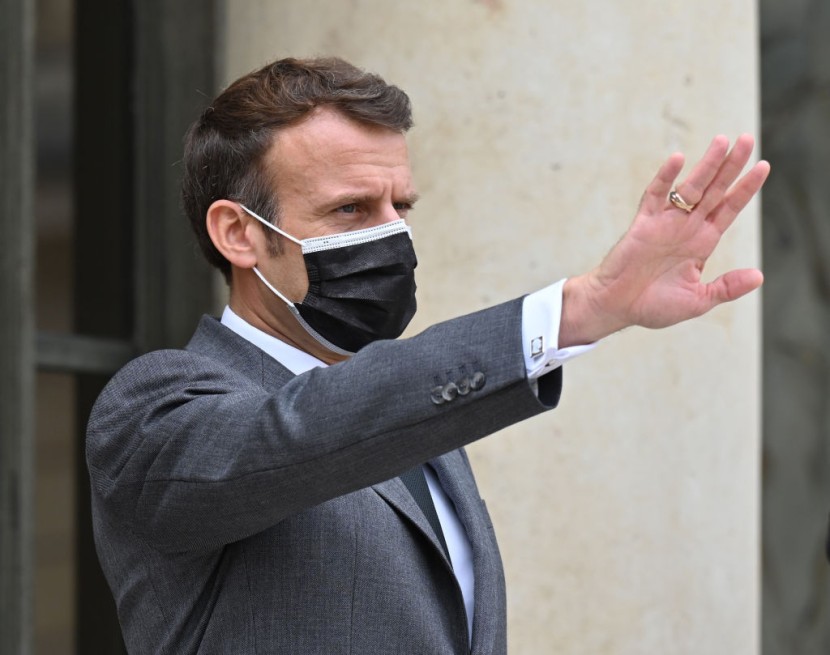
The French government recently held a meeting to discuss a recent issue where a declassified French defense report suggested authorities hid the impacts of nuclear testing in French Polynesia between 1966 to 1996.
Radiation levels in certain areas were found to be 2 to 10 times higher than what France's Atomic Energy Commission (CEA) estimated in 2006, a report said. Disclose, an online site, conducted a study to determine the effects of radiation in Aldebaran in 1966, Encelade in 1971, and Centaure in 1974.
French Nuclear Test Cover Up
The Polynesia population was severely impacted by the radiation that the Centaure bomb testing released in July 1974, the report said. The researchers said that almost the entire Polynesia population was affected by the radiation.
French President Emmanuel Macron attended the meeting where he called for a frank discussion regarding the issue that Disclose claimed. MP Moetai Brotherson, the representative of Polynesia, however, refused to attend the meeting unless the French government apologized for the alleged act.
Edouard Fritch, on the other hand, welcomed Macron's decision to hold the meeting. In Disclose's report, the online site claimed that at least 11,000 victims were subjected to more than five millisieverts of radiation doses. The victims allegedly included 600 children younger than 15 years old who were from Tahiti, Tureia, and Gambier Islands, WIO News reported.
On Friday, Fritch said Macron showed a real desire to right the wrongdoings of the past for all of those involved. He added that the French president would need to place resources that can support Polynesians in rebuilding the faith that they have always had in France.
Genevieve Darrieusseq, France's junior defense minister, said the French government did not cover up the nuclear tests. The official gave comments during the meeting that Macron attended, saying that France did not bear the responsibility of apologizing for the allegations.
However, some Polynesia politicians and anti-nuclear campaigners and historians argued the meeting stopped formal investigations of state secrecy laws. Brotherson's party, the Tavini Huiraatira, announced an opposition event that will be held on Friday.
Making Amends to the Victims
President Macron has, over the last year, showing a willingness to address historical issues that France has been keeping a secret. The controversies include the country's bloody colonial history in Algeria and its involvement in the 1994 Rwanda genocide.
Many French Polynesian residents continue to bear a deep grudge for the French government's previous nuclear tests. They said the events serve as evidence of colonial or even racist attitudes that ignored the value of the islanders' lives. Similarly, the United States and Britain conducted nuclear tests in the pacific during the Cold War arms race.
Only 63 French Polynesian civilians, excluding soldiers and contractors, have so far received compensation for the radiation exposure from the nuclear tests, Disclose claimed, France24 reported.
Over the course of three decades, 193 nuclear tests were conducted in the Mururoa and Fangataufa atolls. The tests were stopped after then-president Jacques Chirac ended the program in the 1990s after widespread international criticism regarding the massive explosions, Digital Journal reported.
Related Article:
Eric, Donald Trump Jr. Fire Back at Trump Organization Charges; Link Persecution of Putin to Navalny
© 2025 HNGN, All rights reserved. Do not reproduce without permission.








